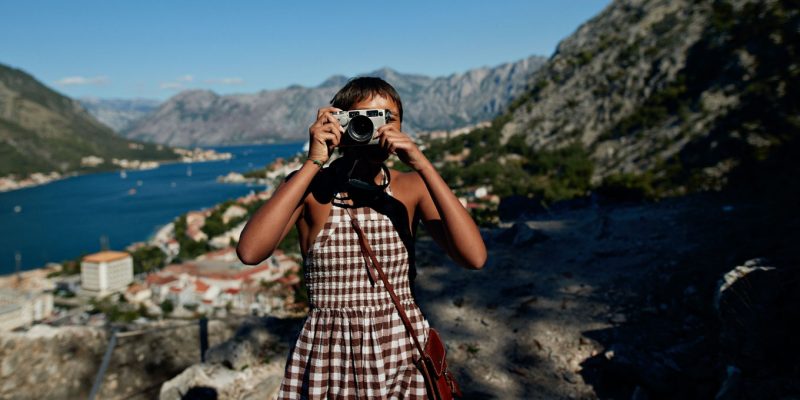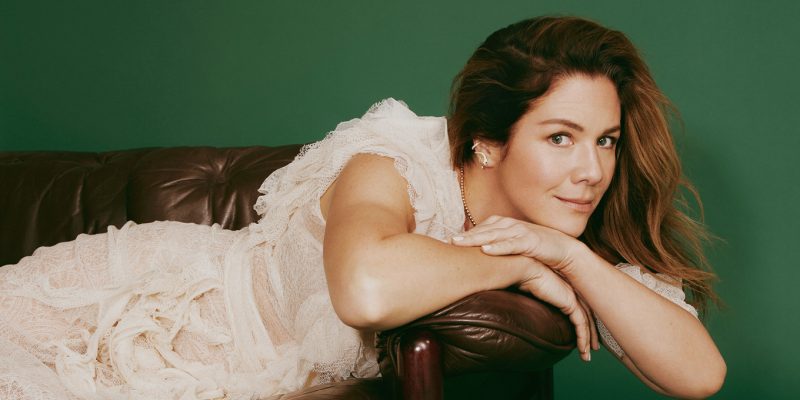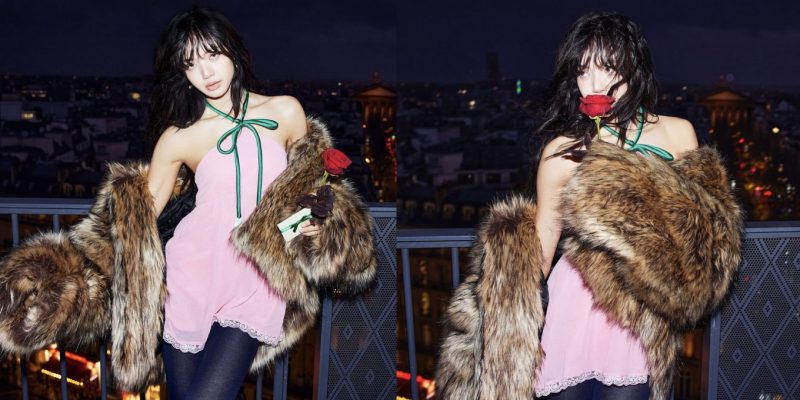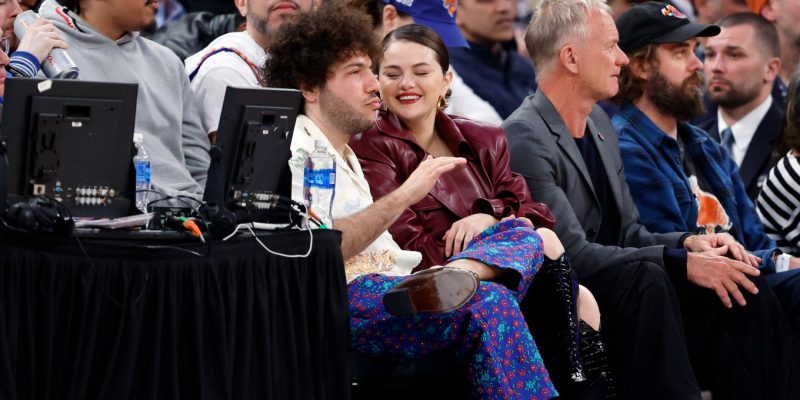Music
Artist Yumi Nu Lives in the Now
Nu can teach us all something about taking the time to find our voice.
by : Melissa Vincent- Nov 4th, 2022
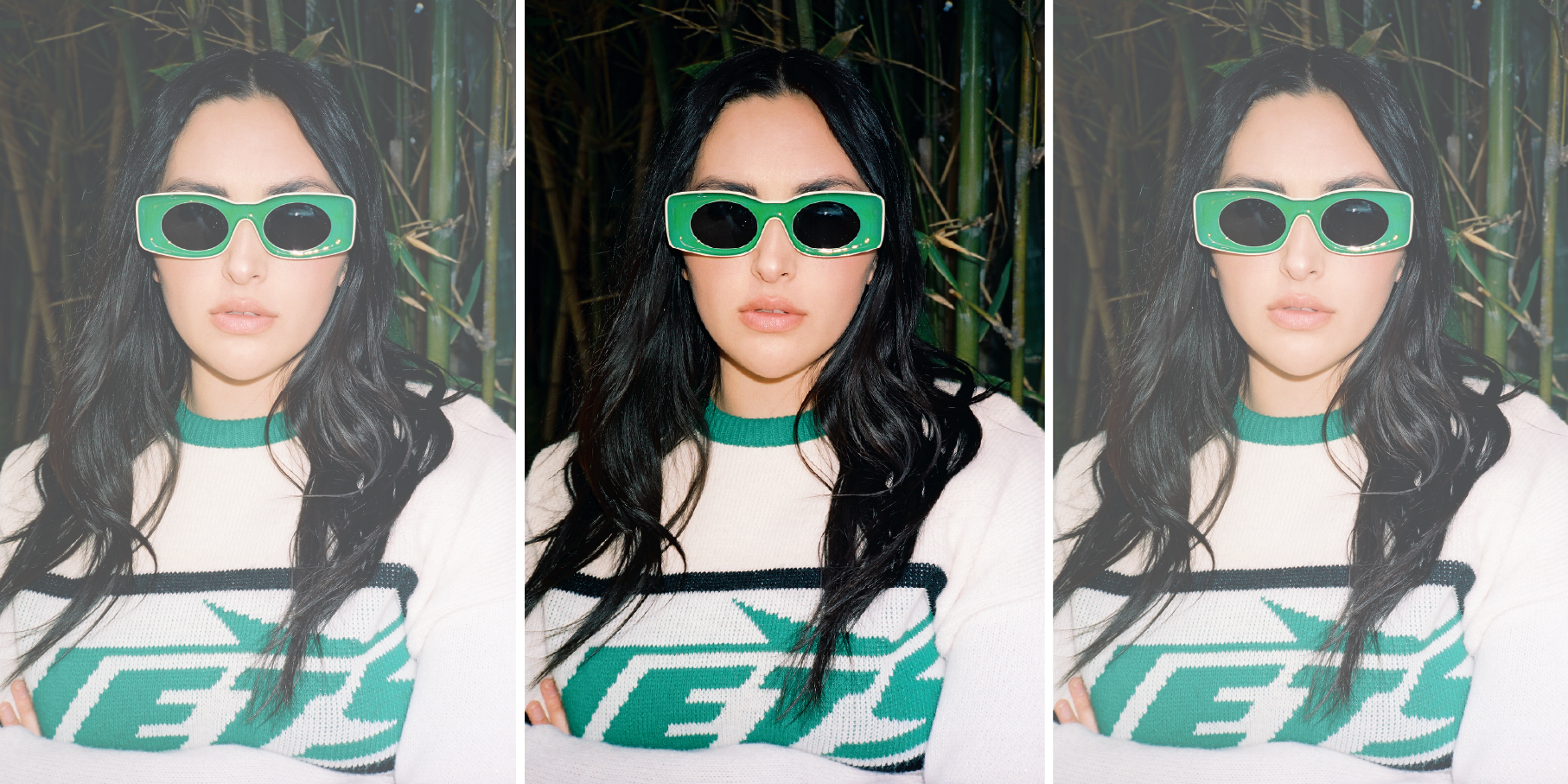
PHOTOGRAPHY, COURTESY OF YUMI NU
When Yumi Nu picks up the phone on a bright, sunny afternoon in July, she sounds triumphant. Earlier that day, the New York-based singer songwriter, model and writer had hopped on an electric bike on a whim to get to brunch at Meadowsweet in Williamsburg. It was her first time biking in the city—a daunting endeavour for even the world’s most daring cyclists. “I had this romantic idea that it was going to be really breezy, but I felt like I was going to get hit by a car every five seconds,” she says with a laugh from her Brooklyn apartment.
It’s all part of her effort to go all in on the Big Apple after moving there from L.A. this past March, a few months ahead of dropping her luminous self-released debut EP, Hajime. On the record, she doesn’t mince words. Her patient, smoky vocals are pitched clear as a whistle over prismatic synths, and when she delivers a line like “But I just wanna be something, not sincerely new,” her lyrics braid tenacious ambition with a healthy dollop of managed expectations.
Nu approaches her work as a model and writer with a similar curiosity. In the past few years, her career has taken off on an interstellar trajectory: She landed campaigns with H&M and Victoria’s Secret, walked the runway for Jacquemus and became the first Asian-American curve model to appear on the covers of Vogue and Sports Illustrated, and throughout it all, she has spoken candidly about her ever-evolving relationship with body positivity. Recently, she penned a thoughtful essay for The Cut about her indoctrination into the evangelical Christian church during adolescence and how she grappled with the aftermath of unlearning in order to move forward. Working in multiple mediums, she’s an artist who’s willing to dive deep into her experiences so that others might see themselves more clearly. We spoke with Nu about how her art is an act of service, both for herself and the community, and a way for her to share her well-earned wisdom to help others.
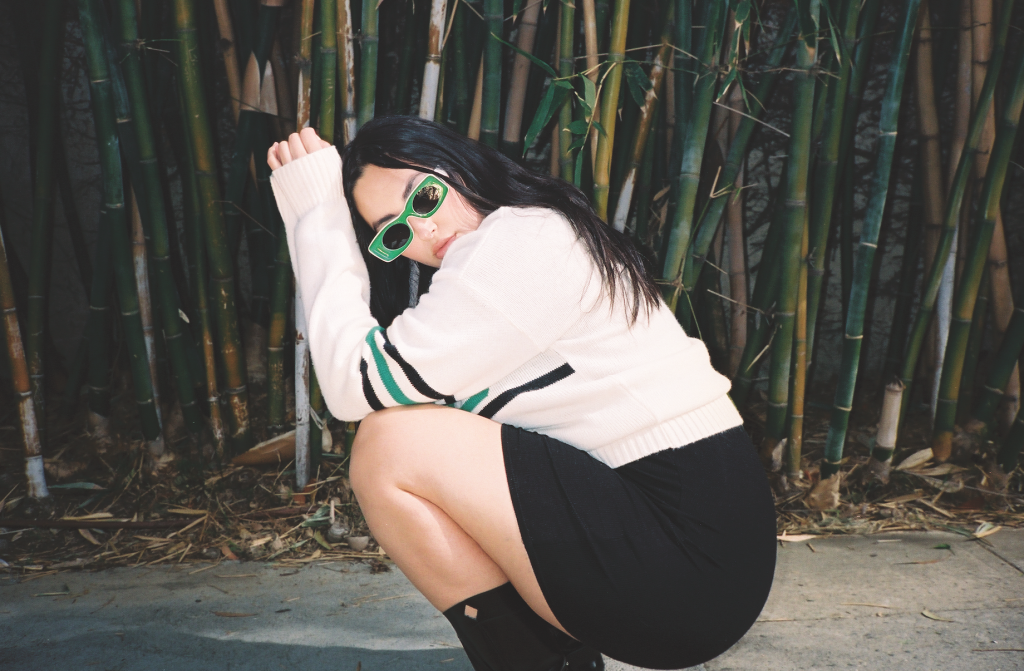 PHOTOGRAPHY, COURTESY OF YUMI NU
PHOTOGRAPHY, COURTESY OF YUMI NUFor so many artists, developing a healthy creative environment in which to work is a hard-fought battle.
“I used to have expectations that hurt the creative process. I was trying to be a carbon copy of what sounded good on the radio. Now, I base [making music] on pure emotion. I’ll go [into the studio] and say ‘Let’s just start with some chords and let whatever energy is in the room kind of dictate where we go.’”
What’s your mindset when you collaborate with others in the studio?
“I have to be very selective and careful about who I bring in. If I let someone bulldoze the process, it can be painful or leave me feeling really drained, and it takes me a while to recover. Over the years, I’ve narrowed it down to friends who make me feel creatively safe.”
Can you remember a specific experience that taught you a valuable lesson about your work?
“I took a two-year break from releasing music because I’d started to feel like what I was creating wasn’t authentic. I love music, but I didn’t love my music. There was something that didn’t feel aligned, so I took a step back—but for too long. It was almost like when a break can kind of paralyze you. I just felt like all the colour drained from my life when I stopped making music.”
How did you kick-start the process of returning to music?
“The doubt and overthinking crept in and swallowed me whole. I thought: ‘I’m so afraid of trying. What if I don’t have the sparkle I had before? I would be heartbroken.’ That big block of energy made my life so miserable, and I was emotionally backed up for those months. My boyfriend, Dimitrios, said: ‘I think you need to write a song a week and just see what your new style is. Don’t go in with any expectations; make a song and have fun again.’ I’m trying to showcase this different side of myself in the music, [a side] that might not necessarily be this persona that I put on [in other areas of] my life.”
How do you give different projects you work on the artistic treatment they deserve?
“Music is who I am before I go into hair and makeup. I’m trying to learn that my music won’t be less successful if I don’t have a modelling photo attached to it. I’ve struggled to separate the two parts of my identity, where one is really, really successful and one is starting from the ground up, but I’m working on letting go of measuring them next to each other. Having modelling as my full time job [means] I’m able to take the time to learn what my music means to me emotionally. A lot of artists don’t have that privilege.”
There’s a lot of labour involved in compartmentalizing those parts.
“Even when you’re on the cover of magazines, you can still have moments when you question your worth. I can have these moments of inner competence; then I lose focus when I see something [about me] that might not be true and I can become wobbly again. Sometimes you have to hit these emotional rock bottoms and wake up from those moments and say ‘I know better.’”
Looking ahead, what do you think you’re reaching toward now?
“[To not do] everything at once but instead just enjoy the process of being alive. [You] can’t fully get to that place if [you’re] worried about who society deems worthy enough to [be there]. When you see an artist who truly loves their music, you know that they have gotten to that special place in their process. I feel like I’m there.”
Newsletter
Join our mailing list for the latest and biggest in fashion trends, beauty, culture and celebrity.
More from Music
Read Next
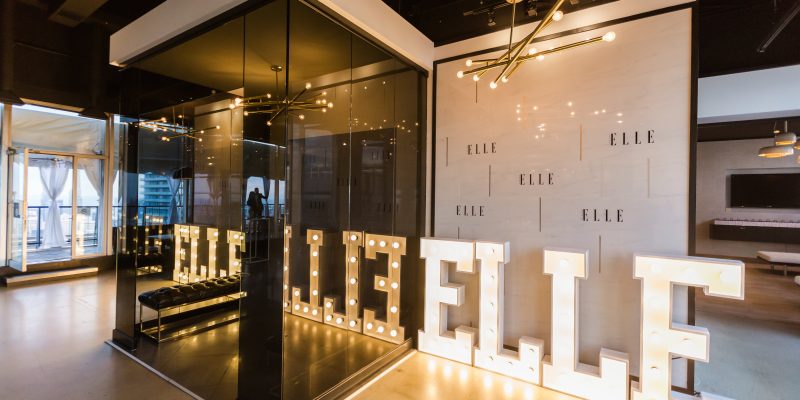
Fashion
Bella Hadid Glows in a Strapless Lace Dress With a Sheer Corseted Bodice
Hadid was also seen that same day promoting her new fragrance brand ‘Ôrebella.
by : Briannah Rivera- May 3rd, 2024
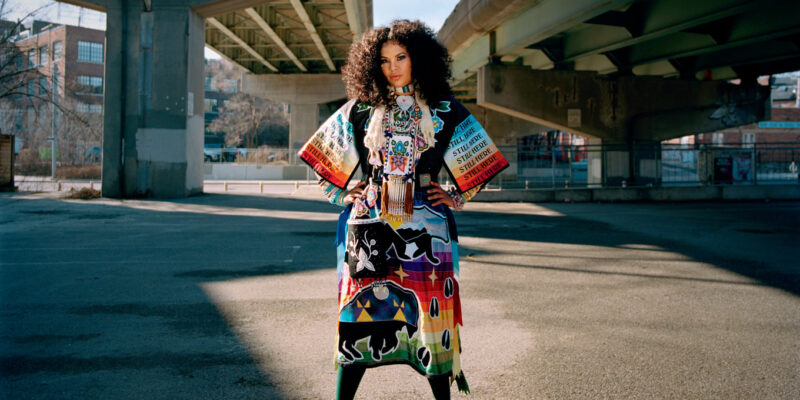
Fashion
This Year’s Indigenous Fashion Arts Festival Is Sure to Impress
"Creating an opportunity for us to work collectively—prioritizing language and tradition—is of the utmost importance. Our similarities are inspired and shaped by the legacies left to us by our ancestors.”
by : Kelly Boutsalis- May 3rd, 2024
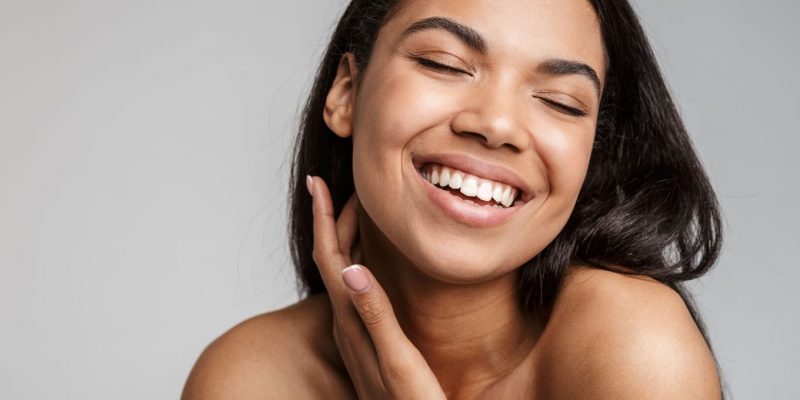
Beauty
ELLE Tried It: Five Serums to Up Your Skincare Game
Members of the ELLE team tested Avène Dermatological Laboratories’ five new concentrated serums. Here's what they thought.
by : ELLE Canada- Apr 25th, 2024

